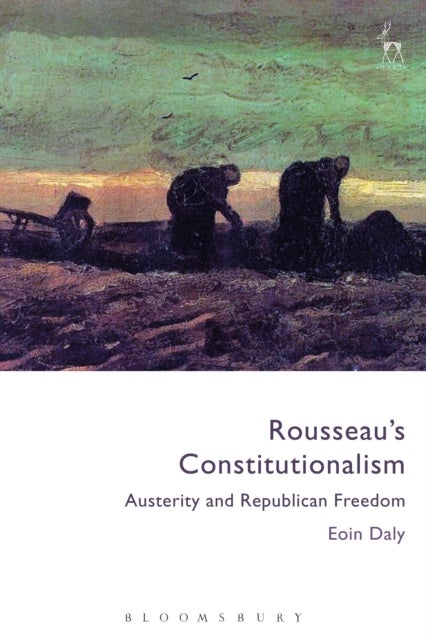
Rousseau's Constitutionalism av Dr Eoin Daly
399,-
Despite Rousseau¿s legacy to political thought, his contribution as a constitutional theorist is underexplored. Drawing on his constitutional designs for Corsica and Poland, this book argues that Rousseau¿s constitutionalism is defined chiefly by its socially directive character. His constitutional projects are not aimed, primarily, at coordinating and containing state power in the familiar liberal-democratic sense. Instead, they are aimed at fostering the social conditions in which a fuller sense of freedom ¿ understood broadly as non-domination ¿ can be realised across all social domains. And in turn, since Rousseau views domination as being deeply embedded in complex social practices, his constitutionalism is aimed at fostering a radical austerity ¿ social, economic and cultural ¿ as its foil. In locating Rousseau¿s constitutional projects within his social and political theory of servitude and domination, this book will challenge the predominant focus and orientation of contemporar








